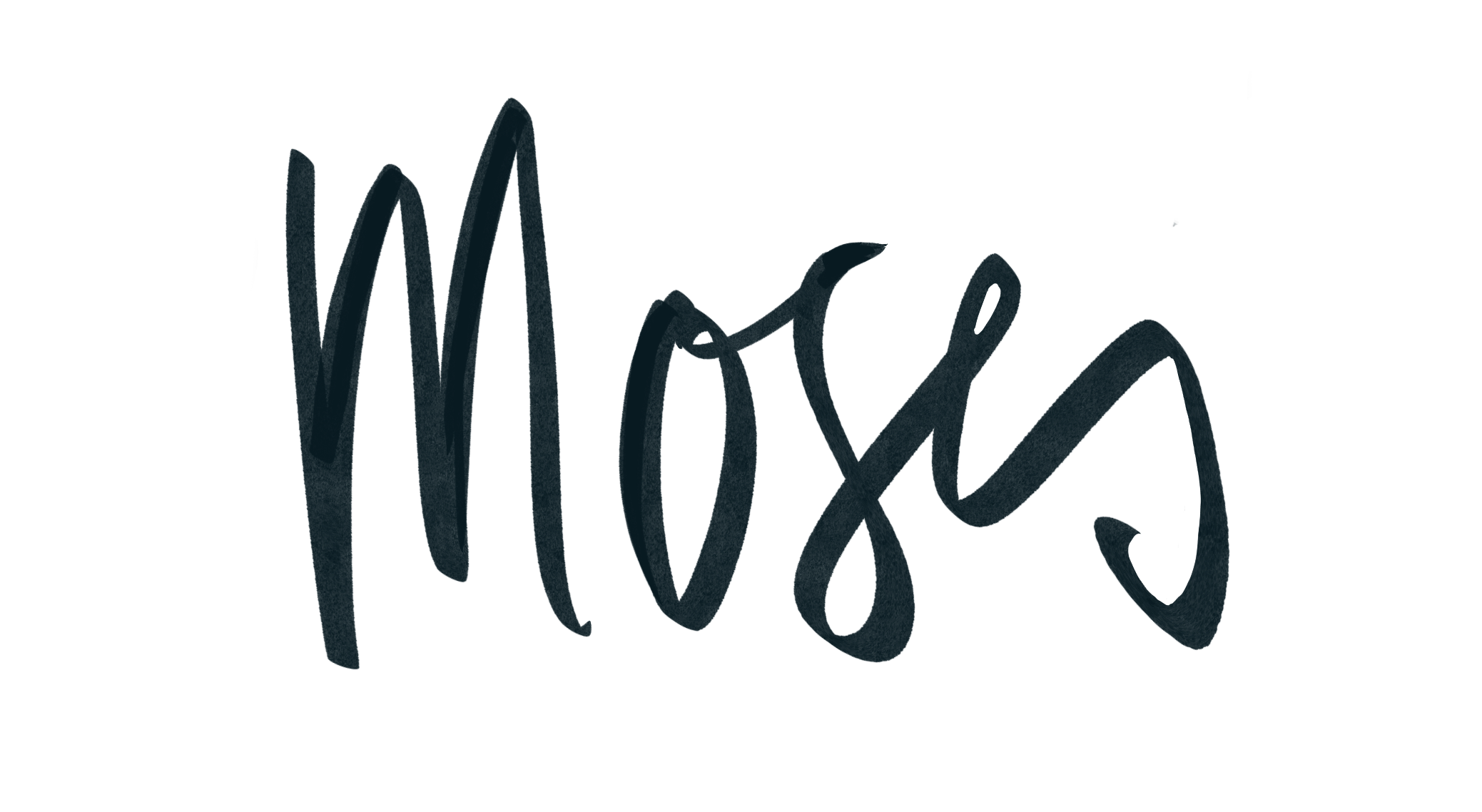
If you don’t take money they can’t tell you what to do.
-Bill Cunningham (1929-2016)
I was first introduced to Bill Cunningham and his philosophy on art, life and fashion when I watched Richard Press’s documentary Bill Cunningham: New York. Cunningham was a photographer who painstakingly documented New York street fashion for decades from the vantage point of his ubiquitous bicycle. The film deservedly won tons of awards and his body of work is astonishing. As Vogue editor Anna Wintour stated it – “We all get dressed for Bill.” Bill is charming, his photos are great but it is this nugget of wisdom that really hit home for me. So simple and so true. As I move through the end of my Practice 1 module and have to write about my work and my aspirations in a ‘professional context’ I chose this line to write reflectively on the subject. I have a big block when it comes to writing about this aspect of my proposal. It gives me ennui. It is like pulling teeth. In my second module I tried to state that as a mature student who already had a career as an animator I didn’t really see my illustration practice in a ‘professional context’ I was just looking forward to doing it for myself. My rationale didn’t fly.
I wrote earlier in my Practice blog post (Moses 2018) about the ‘Sho Shin’ and the Zen idea of beginner’s mind. Austin Kleon expands on this idea when he talks about creative ways to show your work. One of his 10 tips is to ‘be an amateur’. The word amateur is French for lover and he says that the amateur’s spirit of doing, sharing and yes- failing at what they love is the secret to improving your work. Amateurs have nothing to lose and therefore are not afraid to fail. A lack of formal training or ‘professional context’ means they stay open to learning. They are driven by passion and obsession.(Kleon 2014)
In her paper, Practice-led Research: Examples from Artists Working with Technology (Lawson 2012) Cynthia Lawson uses the work of Zach Gage as one of her two case studies. Gage’s work subverts the user’s expectation with his art game ‘Lose/Lose’ . In the game a player’s system files are randomly connected to game play aliens – if you kill the alien you delete the file. He defines his work as ‘social-netart’ a subcategory of net art. I felt energized and curious by his work. The ideas are interesting, experimental and above all disposable. It is a game about the consequences of losing. Lawson makes the argument that both her case studies benefit from not considering the professional context of there postgraduate projects.
[vimeo 6569275 w=640 h=1067]
lose/lose from zach gage on Vimeo.
So the real answer to the professional context of my work is that I am working hard to be an amateur. Keep at it, enjoy it and share a little something everyday.

Austin Kleon (2014)
SOURCES
Wise Famous Quotes [online] Available at:https://www.wisefamousquotes.com/bill-cunningham-quotes/ (Accessed 11 January 2019)
Wikipedia – Bill Cunningham: New York [online] Available at: https://en.wikipedia.org/wiki/Bill_Cunningham_New_York(Accessed 11 January 2019)
Kleon, A. (2014) Show Your Work New York: Workman Publishing
Moses, H. (2018) Practice – Masters Study Blog [blog] Available at:https://hilarymoses.wordpress.com/2018/11/27/practice/ (Accessed 11 January 2019)
Lawson, C.,(2012) Practice-led research: Examples from artists working with technology, cumulushelsinki2012. org, pp.1-11. Available at: http://cumulushelsinki2012.aalto.fi/cumulushelsinki2012.org/wp-content/uploads/2012/05/Practice-led-Research.pdf (Accessed: 28 December 2018)

